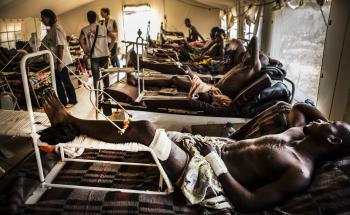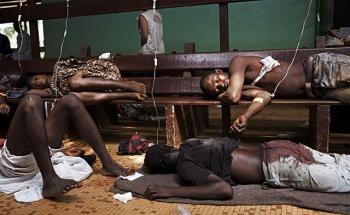
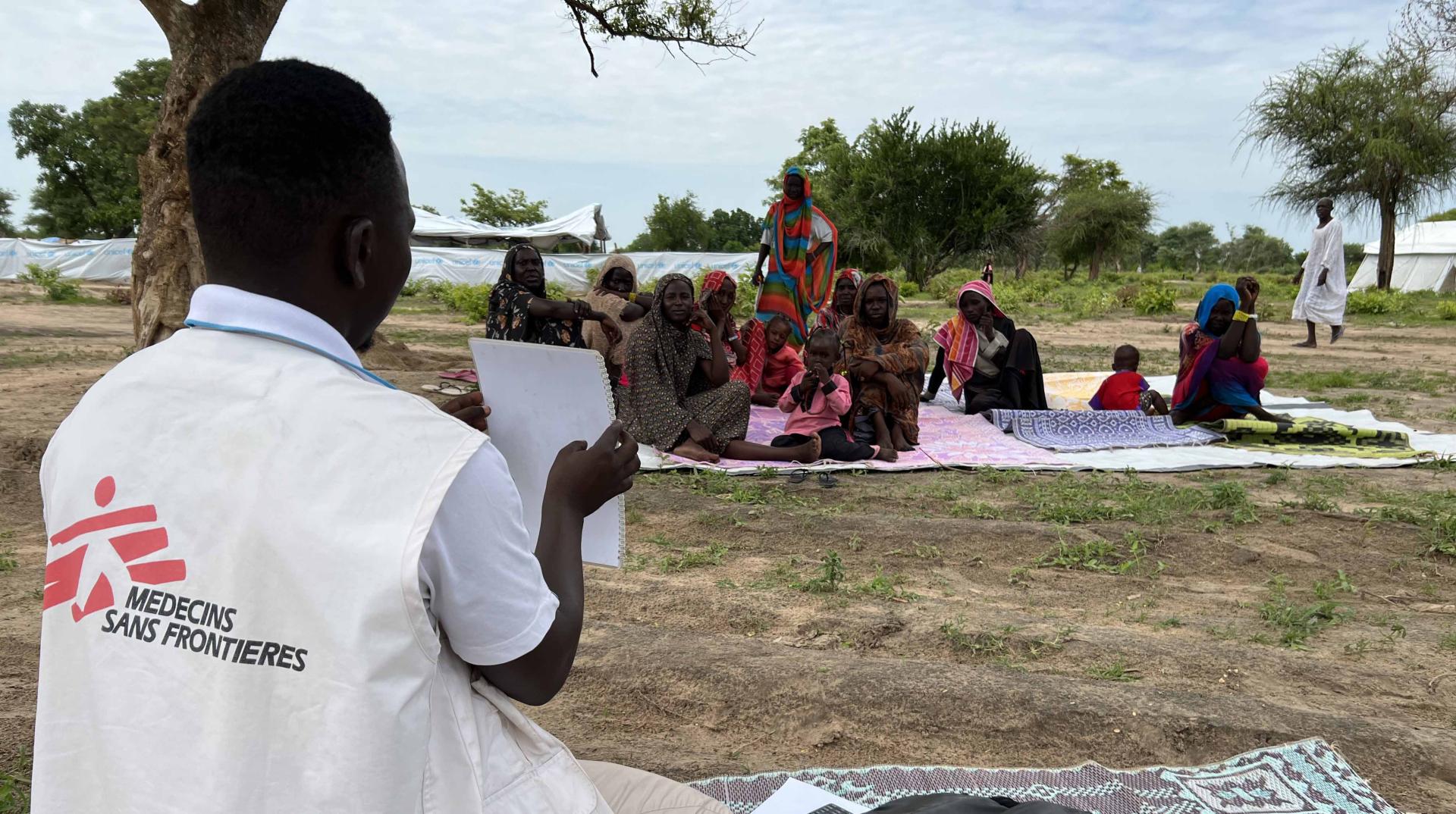
Central African Republic
Although conflict abated in major towns controlled by the government and foreign allied forces in 2022, insecurity remained high in rural areas where armed opposition groups were active. By the end of the year, nearly one million people were either internally displaced Central Africans or refugees from neighbouring countries, according to the UN.
Our activities in 2022 in Central African Republic
Data and information from the International Activity Report 2022.
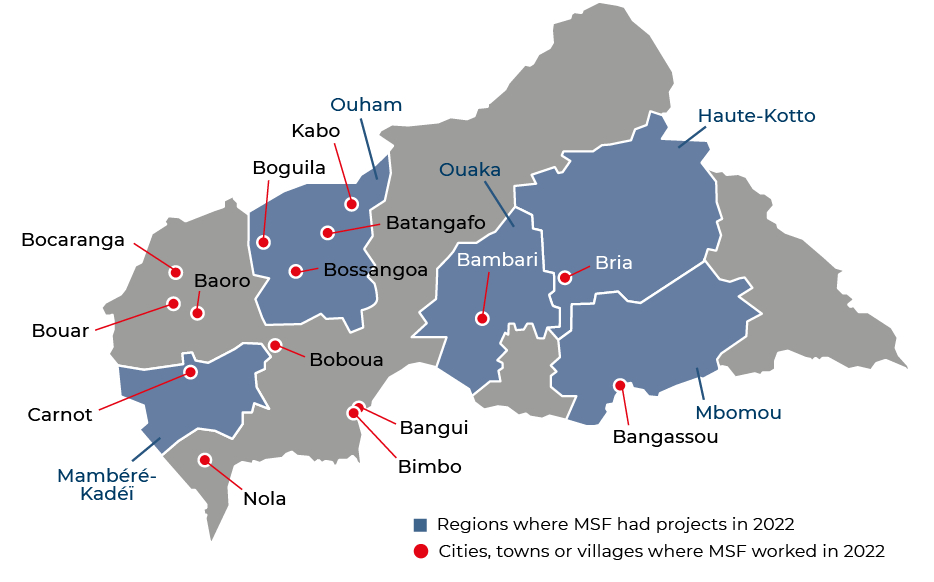
2,795
2,795
€67.6 M
67.6M
1997
1997
Although conflict abated in major towns controlled by government and foreign allied forces in 2022, insecurity remained high in rural areas where armed opposition groups were active. By the end of the year, nearly one million people were either internally displaced Central Africans or refugees from neighbouring countries, according to the UN.
Violence continued to affect people’s lives and restrict the delivery of humanitarian aid. MSF teams were victims of several incidents, including an attack on a convoy of vehicles on the outskirts of Kabo in January, which forced us to close the project we had been running there for 16 years.
We continued to run 12 basic and specialist healthcare projects across the country, focusing on maternal and child health, surgery, sexual violence, and treatment for HIV and tuberculosis. We implement a decentralised model of care where possible, thereby delivering services closer to patients.
We also responded to outbreaks of diseases resulting from low vaccination coverage, such as whooping cough in Baoro, and launched a vaccination campaign in Kembé to offer protection from preventable diseases, including measles, polio, yellow fever and meningitis.
In Ippy, we assisted thousands of people displaced by fighting by providing medical care and multi-antigen vaccinations, installing water and sanitation facilities, and distributing relief items.
Malaria remained the leading reason for visits to our health facilities and the main cause of death among children under five.
In line with the continuous efforts made since 2014 to reduce CAR’s maternal and child death rates in the capital, Bangui, MSF completed the construction of new maternity and neonatal wards in a hospital and started providing emergency obstetric and neonatal care.
IN 2022

937,200
937,2
8,960
8,96
8,740
8,74
6,220
6,22

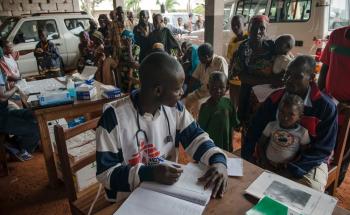
Central African Republic: Systematic attacks on citizens
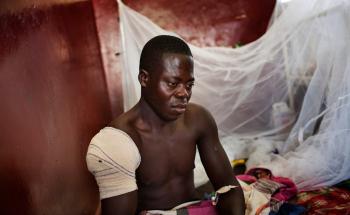
Three MSF staff among 16 civilians killed at Central African Republic hospital
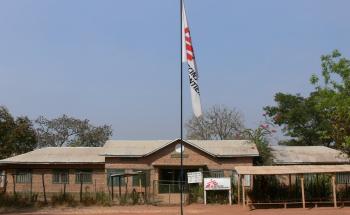
Three MSF staff among 16 civilians killed at Central African Republic hospital
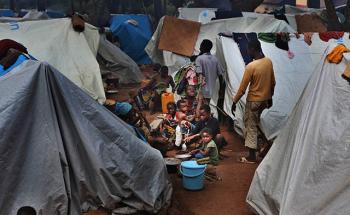
Maps Maponyane & MSF team up to put CAR crisis on the map for South Africans
